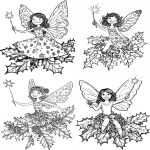Explore the Best AI Image Gallery
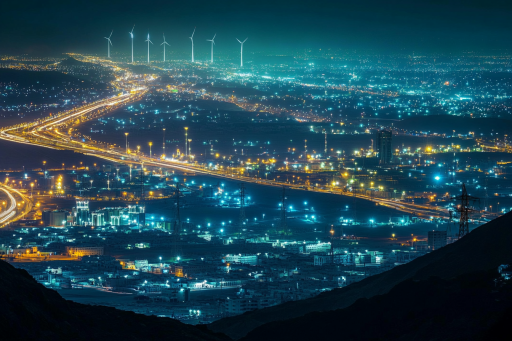
Painting with Pixels: The Creative Revolution of AI in Marketing Imagery
The dawn of Artificial Intelligence (AI) has brought about a radical shift in the design and creative sector, particularly in the realm of marketing imagery. From developing custom-made visuals to transforming existing ones, AI has revolutionized the way marketers approach creative strategies.
The Creative Impact of AI Images
AI technologies are now adept at generating high-quality images that capture the essence of a brand. This has driven substantial changes in the creative industry by significantly reducing time and financial investments required for traditional photography and images editing. It has also created space for limitless exploration, allowing marketers to test and iterate concepts rapidly.
A New Vision: Potential Uses of AI in Marketing Imagery
AI-powered tools, such as generative adversarial networks (GANs), are already being employed to create promotional visuals. The ability to rapidly generate multiple variants of images has proven beneficial for A/B testing and hyper-personalized marketing campaigns. Looking forward, marketers see immense potential for AI in creating dynamic visuals that change according to the viewer's preferences, thereby taking personalization to an unprecedented level.
The Ethical Landscape of AI Imagery
While the technological aspects of AI in marketing imagery are undoubtedly exciting, they also introduce complex ethical considerations. Questions around who owns AI-generated images, the potential for misuse, and the consequences of AI recreating people's likeness without their explicit permission are some of the key ethical concerns. A robust and continual ethical dialogue paired with suitable legislative actions are needed to navigate this new landscape.
Picturing the Future
AI promises an exciting future for the creative industry. As AI matures, we can expect more sophisticated generations of synthetic images, enhancing marketing campaigns' effectiveness. As part of this evolving landscape, marketers must stay informed about emerging ethical norms and regulations, ensuring that the use of AI images aligns with both ethical and legal standards.
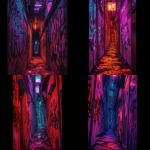
















](https://images.ai-img.art/thumbnails/150/ed631f35091268316da1950d8f24949cf71c41220d75ddecc89232e1c28f3653.webp)

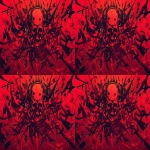

](https://images.ai-img.art/thumbnails/150/4dfe5499f7f4f9e5aa1613199c58710634f2cba5f57ac7e6717c1d56a9864e1a.webp)

](https://images.ai-img.art/thumbnails/150/56d08b81b5991eca46f50c80b41db4e9ac06c775cbbf5138ea0734d93390316a.webp)

](https://images.ai-img.art/thumbnails/150/fd852e87169bf2f63982b31f7f16a8fa335d75d9536fd48c2b87c7d4b035fa7c.webp)
](https://images.ai-img.art/thumbnails/150/e407417f3921a9491278afc6484ec26f3ae374d4543e1a56898e8bcb1e41a0da.webp)








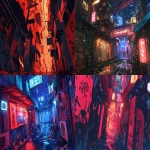


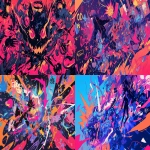

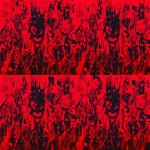


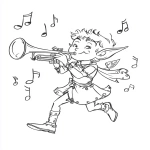
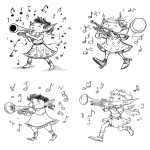
](https://images.ai-img.art/thumbnails/150/baf01e7f997f5bc030aa10831575d8b879a4a6755830df4bcd3dcc93346ef1dd.webp)


